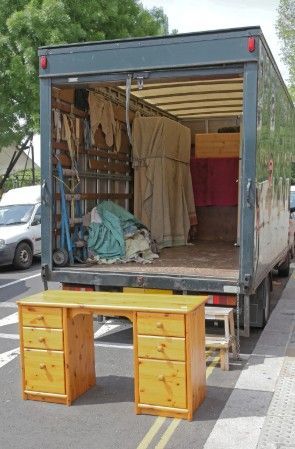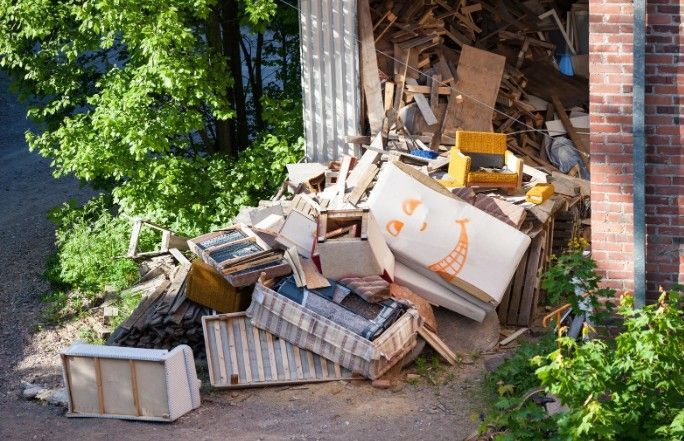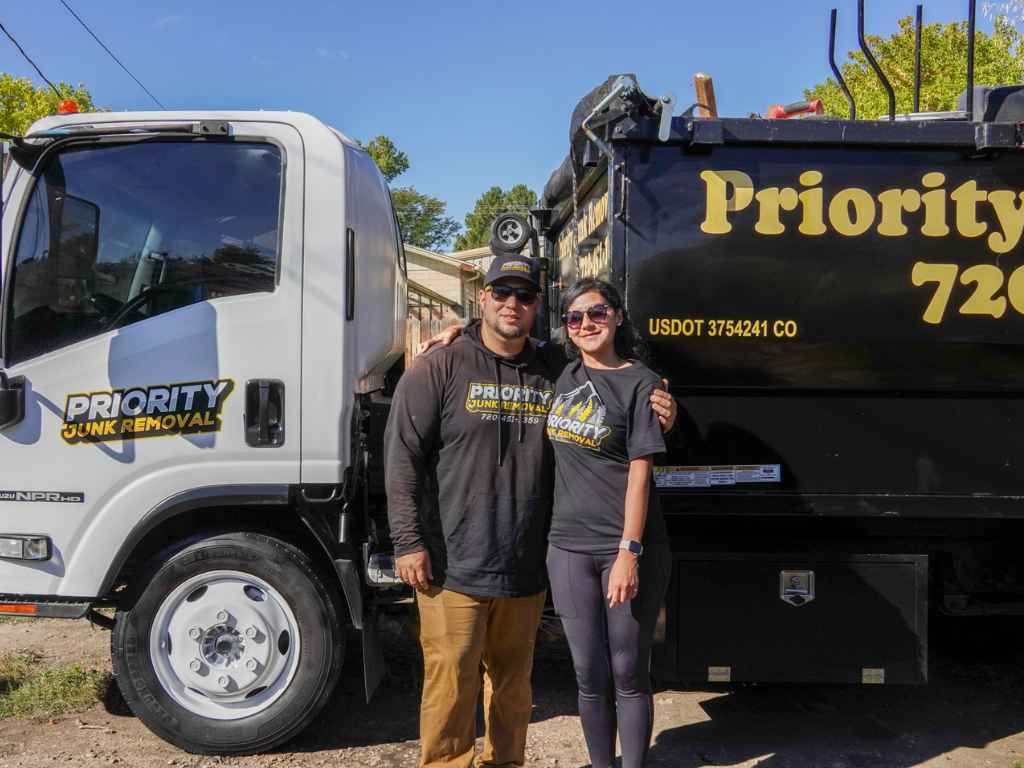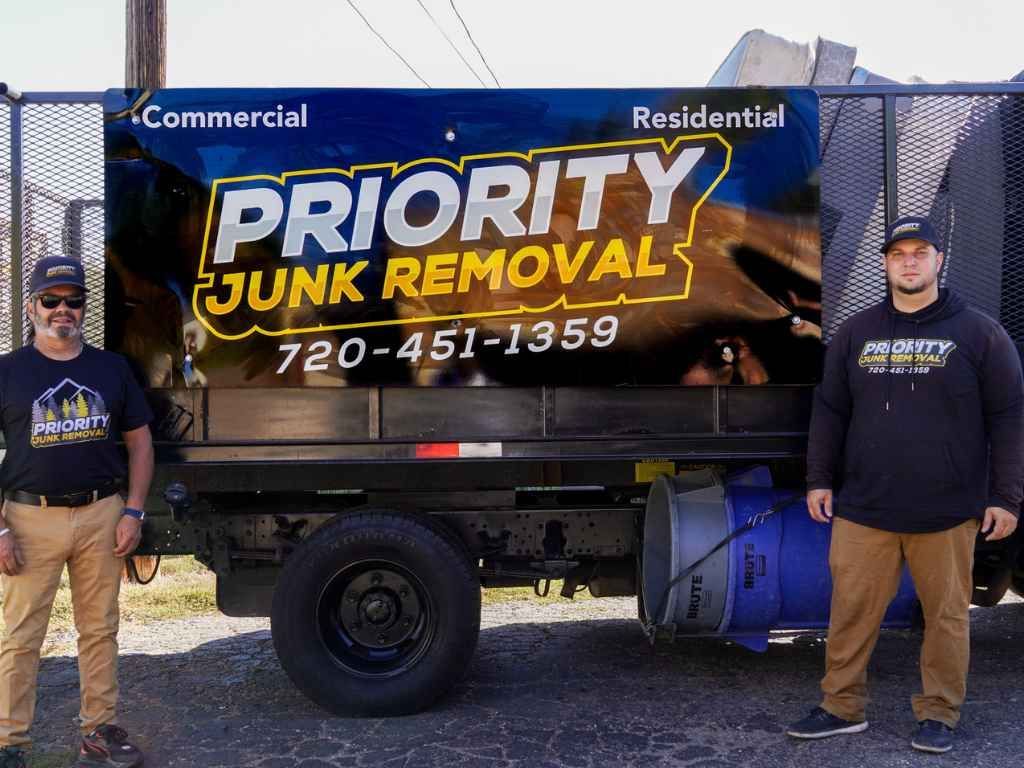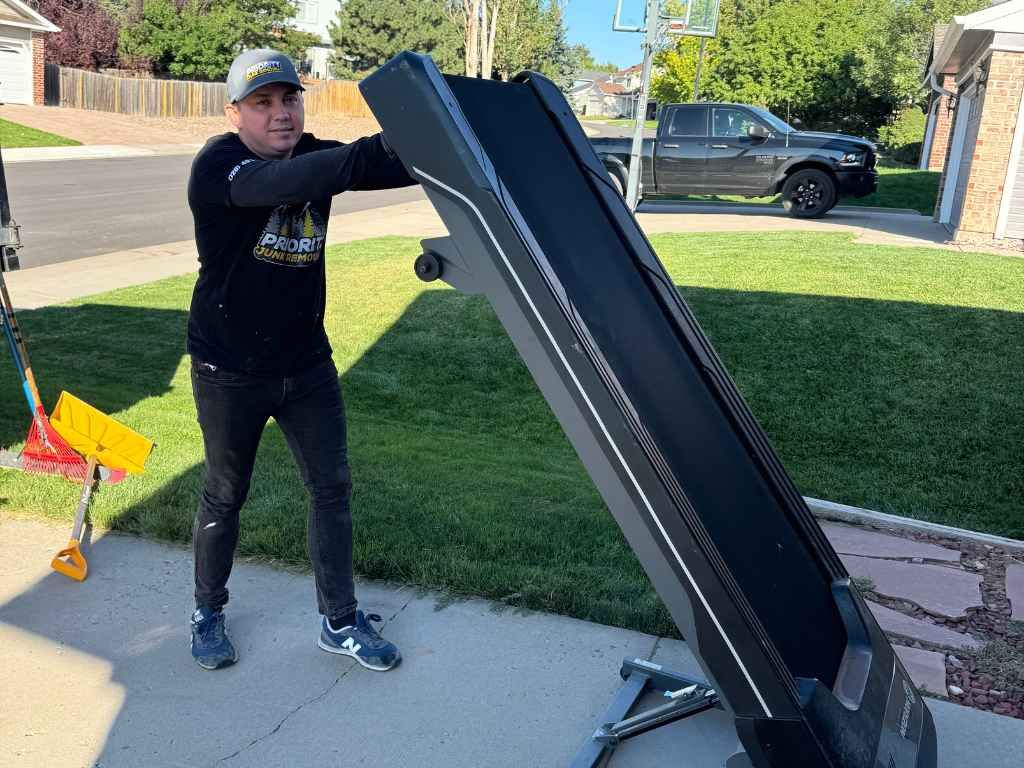How to Safely Dispose of Old Restaurant Equipment
Running a restaurant comes with an array of challenges, and one that often gets overlooked is dealing with old, worn-out equipment. From refrigerators to ovens, dishwashers, and even small appliances like blenders or coffee machines, restaurant equipment has a lifespan. The day comes when it needs to be replaced, and that’s when the question arises: how do you safely dispose of old restaurant equipment?
Disposing of equipment improperly can pose environmental hazards, take up valuable space, and even lead to fines for businesses that don't follow local regulations. Thankfully, there are safe, efficient, and eco-friendly methods to handle this process. This guide will walk you through the essential steps to ensure you dispose of your restaurant equipment safely and responsibly.
Why Safe Disposal Matters
The importance of proper disposal lies not only in environmental responsibility but also in the legal obligations restaurants face. Old equipment, if left to rot or discarded improperly, can release toxic chemicals, and heavy metals, or even contribute to the growing issue of landfill waste. In some cases, old equipment may even still have recyclable parts that can be repurposed, reducing waste.
On the legal side, businesses need to adhere to local, state, and federal disposal regulations. For example, refrigerators and freezers, which often contain hazardous refrigerants, require special handling. Improper disposal of such items can result in hefty fines or penalties.
Assess the Condition of the Equipment
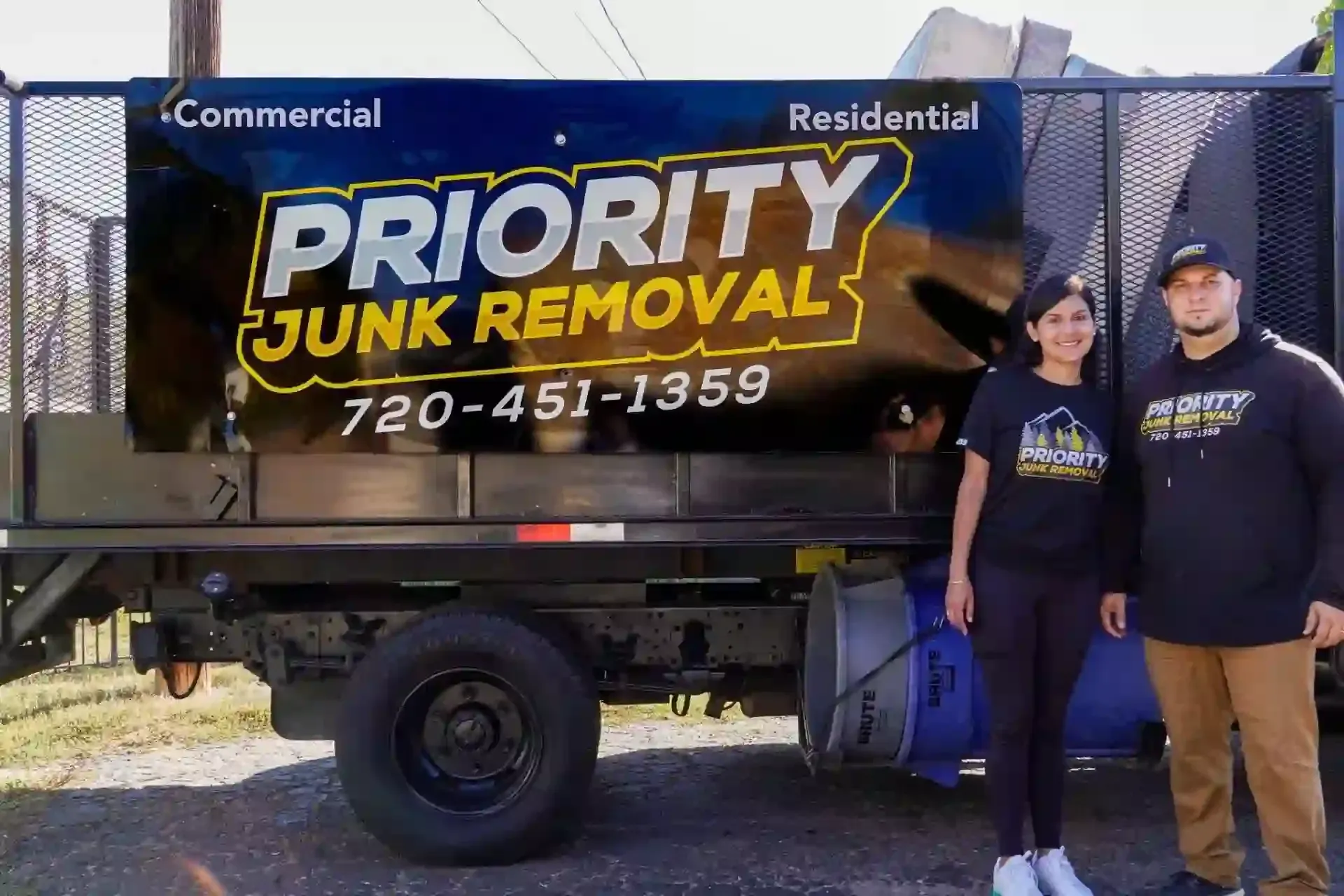
Before considering how to dispose of your restaurant equipment, take stock of its condition. Not everything needs to be thrown away. In some cases, your old equipment may have salvageable parts that can be reused, donated, or resold.
Is It Reusable
If the equipment is still functional but just outdated or no longer needed, consider donating it to a local nonprofit, church, or charity. Many organizations accept kitchen equipment for food banks, shelters, or other community kitchens. Not only does this benefit others, but it’s also an eco-friendly choice. If the item is still in good condition and can be used elsewhere, it’s worth looking into donation opportunities.
Is It Worth Reselling
Some restaurant equipment retains a good resale value, particularly high-end brands or specialized machines. Equipment like high-end blenders, mixers, and ovens can be sold through online marketplaces, auctions, or directly to secondhand businesses. This is a great way to recoup some of your initial investment and provide another operator with affordable equipment.
Broken or Irreparable Equipment
For equipment that is beyond repair, it’s crucial to figure out how to properly dispose of it. Even if it's broken or irreparable, there may still be usable parts inside that can be recycled, such as copper wiring, steel, or aluminum.
Contact a Professional Junk Removal Service
Disposing of large, heavy, and bulky restaurant equipment can quickly become a logistical nightmare, especially when dealing with items like industrial-sized refrigerators, ovens, and deep fryers. The sheer size and weight of these appliances make it difficult to move them without proper equipment and expertise. Improper removal can also lead to damage to floors, walls, and even injury. This is where professional junk removal services come in. Hiring experts to handle the job can save you significant time and effort. Junk removal professionals are equipped with the right tools, vehicles, and knowledge to safely and efficiently remove heavy equipment without causing damage to your property.
This includes properly handling materials like metal, plastic, and electrical components. Many professional services will also sort through the materials, separating recyclable and reusable parts to minimize waste and promote environmental sustainability. By choosing a professional junk removal service, you can streamline the process, avoid legal complications, and have peace of mind knowing that your equipment is being disposed of responsibly. The convenience and expertise they provide make them a smart investment when you’re ready to upgrade or close down your restaurant.
Follow Local Waste Disposal Regulations
When it comes to disposing of restaurant equipment, following local waste disposal regulations is essential to avoid fines and environmental damage. Different cities and states have specific guidelines for handling large appliances and hazardous materials, especially when it comes to refrigerators, freezers, and air conditioning units. These appliances often contain refrigerants, oils, and other substances that can be harmful to the environment if not properly handled. For example, refrigerants like Freon need to be safely extracted and disposed of by certified technicians to prevent them from leaking into the atmosphere and contributing to ozone depletion.
To ensure compliance, start by contacting your local waste management authority or city hall. They can provide detailed information about disposal requirements, including the need for special permits, designated drop-off locations, and certified removal services. Some areas may require that you work with licensed technicians for handling refrigerants or hazardous materials. Local guidelines may also include restrictions on landfill disposal, meaning that your equipment might need to be taken to a certified recycling facility instead. Following these regulations not only helps you avoid legal trouble but also ensures that your equipment is disposed of in an environmentally responsible manner.
Recycle and Repurpose Parts
Before finalizing the disposal, check to see if any components of your old restaurant equipment can be recycled. Many restaurant appliances contain valuable materials, such as metal, copper, and glass, which can be reused in new products.
Metal Scrapping
Recycling metal from appliances like ovens, ranges, and refrigerators is an excellent way to conserve natural resources and minimize landfill waste. Scrap metal from these items can be melted down and reused in manufacturing, reducing the need for new raw materials. A junk removal service or scrap metal company can handle the heavy lifting, making it easy for you to responsibly dispose of old equipment while potentially earning some money from the scrap value. Proper scrapping helps reduce mining demand and supports a more sustainable metal supply chain.
Glass Recycling
Old restaurant equipment, such as oven doors, refrigerators, and display units, often contains glass components that can be recycled. Glass is one of the most recyclable materials since it can be processed and reused indefinitely without losing quality. Separating glass from other materials ensures that it’s processed correctly, increasing the chances of it being turned into new products like bottles, windows, and even insulation. A recycling service can help you manage the separation and transportation process, ensuring that valuable glass components don't end up in landfills.
Plastic Parts
Plastic components from old restaurant equipment, like trim, handles, and insulation, can often be recycled at specialized facilities. While plastic recycling can be more complex due to different types and compositions, separating them properly increases the chances of successful processing. Some plastics can be turned into new materials for building products, packaging, or even textiles. Check with your local recycling center to confirm which types of plastics they accept. A junk removal service can simplify the process by identifying recyclable plastics and ensuring they are properly handled.
Hire a Certified Recycling Service (If Applicable)
If your restaurant equipment is made from hazardous materials, it’s essential to use certified recycling services that specialize in handling such items. Appliances that use refrigerants, such as air conditioning units, freezers, or refrigerators, must be disposed of in a way that prevents harmful chemicals from being released into the environment.
Certified recycling centers will safely remove harmful substances from the equipment, preventing pollutants from leaking into landfills or waterways. If you’re unsure where to find certified disposal services, your junk removal company may offer these specialized services or refer you to a local provider.
Plan for Future Disposal
As a restaurant owner, it’s crucial to have a plan in place for the disposal of equipment when the time comes to upgrade or replace it. Planning ahead can make the process smoother and more efficient.
Establish a Relationship with a Junk Removal Service
Working with a trusted junk removal company ensures that you can count on their services when needed. Establish a partnership early, so you know who to call when you need to dispose of heavy kitchen equipment.
Recycling Initiatives
Consider implementing a recycling initiative in your restaurant to promote sustainability. Educate your staff on the importance of recycling and develop procedures to ensure that recyclable materials from equipment and daily operations are handled properly.
Conclusion
When it’s time to dispose of your old restaurant equipment, don’t take shortcuts—do it the right way. From donating functional items to reselling valuable equipment and recycling materials, there are various ways to dispose of equipment responsibly. Professional junk removal services and certified recycling centers can help ensure that your equipment is disposed of safely and in compliance with local regulations. For restaurants, large-scale equipment disposal can be a daunting task, but with the right approach, it doesn’t have to be.
By following the steps outlined above, you’ll not only meet legal requirements but also contribute to a more sustainable and eco-friendly industry. If you're located in Littleton, Colorado, and need assistance with the safe disposal of your restaurant equipment, Priority Junk Removal is here to help. We handle all types of restaurant equipment, ensuring that it is disposed of safely and responsibly. Get in touch with us today at 720-451-1359 or email priorityjunkremoval@gmail.com for more information. Visit us at 6091 South Spotswood Street, Littleton, Colorado 80120, United States.

